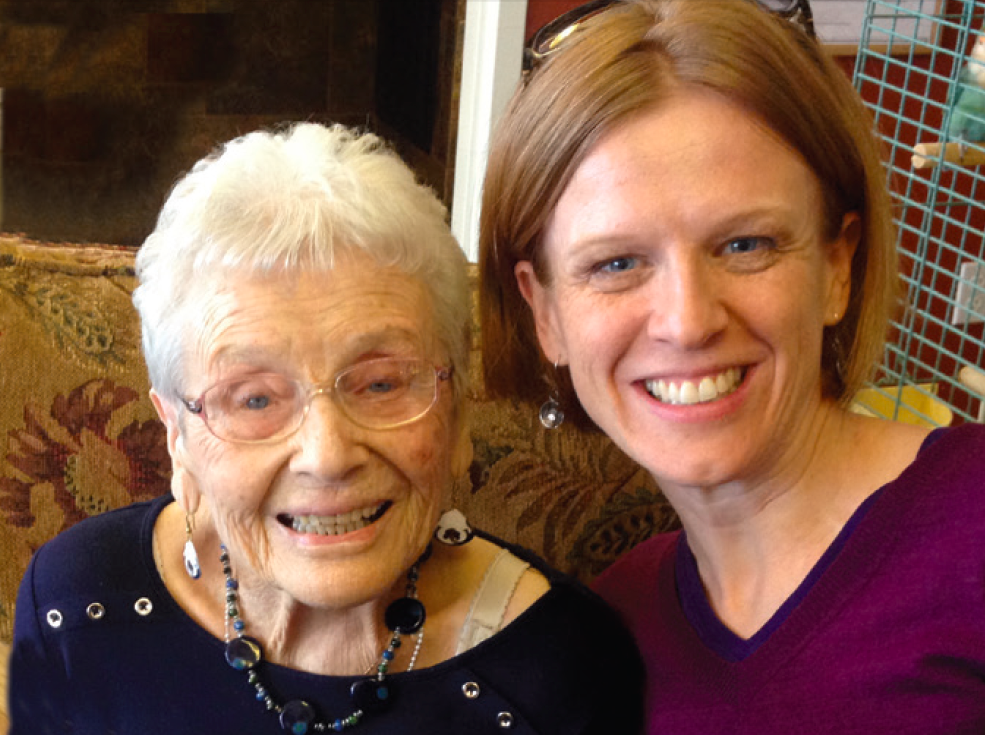Last August marked the 20th anniversary of Princess Diana’s untimely death in a car crash in Paris. Remembering their mother’s passing two decades later, Prince Harry and Prince William spoke with regret about their last conversation with her, just hours before she died.
“I can’t necessarily remember what I said, but all I do remember is regretting for the rest of my life how short the phone call was,” Harry told the media.
You may unsubscribe from any of our newsletters at any time.
William recalled that he and his brother had been “running around, minding our own business, playing with our cousins and having a very good time” and were in a rush to say “goodbye, see you later, can I go off?”
The princes’ confessions are the inspiration for the March 2018 issue’s cover package. We asked dozens of our regular writers if they had a “last words” experience to share. So many compelling stories came back that we gave the feature a few extra pages — and then expanded it further when Rt. Rev. Jordan Cantwell, the United Church moderator, added a thoughtful companion piece about the disciples’ last words to Jesus.
The stories will make you laugh, cry and rage. Maybe they’ll spark a fond memory about a final conversation. Or perhaps they’ll prompt you to consider the things you need to say to a loved one now, before it’s too late.
I can’t write about last words without mentioning my “nanny,” Hazel South. Nanny was not my biological grandmother but was certainly the most grandmotherly figure in my life. She was the matriarch of our large blended family, a deeply faithful United Church member, a voracious reader, a great cook and someone who was always game for a big hug or a heart-to-heart.
She lived into her late 90s and was in terrible pain in her final year, frequently asking for more morphine. When the drugs made her too drowsy to read or tackle her crossword, she’d reduce her medication, and the cycle would start again. It was a struggle for her to live this way, and for us to see her suffer.
During one of our final visits, she told me she knew she wasn’t going to get better. We held hands as I asked her if she was afraid of what was coming. She said, “I am afraid. But I am so aware of God’s love surrounding me that I know it will be okay.”
The next time I saw Nanny, she was unconscious, her mouth agape, occasionally wincing in her sleep. My sister, niece and I sat at her bedside, holding her hands and moistening her dry lips with a wet sponge. There were no words left to say, so we sang: folk songs, hymns, the Lord’s Prayer. We tried harmonies and rounds. When we forgot the words, we la-la’d our way through. She died early the next morning.
It’s been nearly two years since Nanny’s passing, and I still wonder whether she heard us singing that day. I take heart in believing that even if she couldn’t hear us, she sensed our love, and God’s presence, all around her.
This story first appeared in The UC Observer‘s March 2018 edition with the title “Final conversations.”













